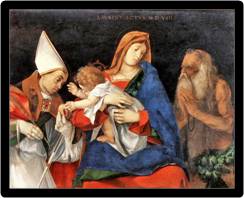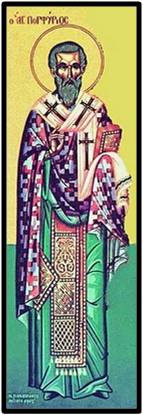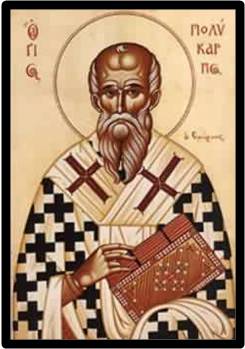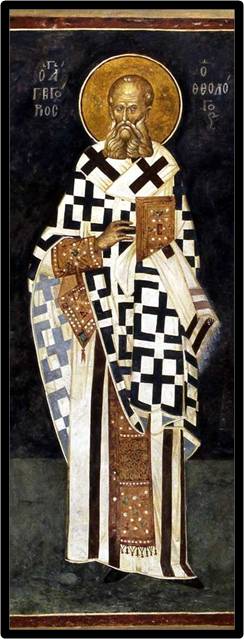
Emperor Valerian tortured and punished the Christians during the days of the early Church. He had allowed a Roman officer to put St. Cyprian to death in September 258.
The Roman officer himself died soon after and the new official, Solon, was nearly killed by some rebels. He suspected that they tried to kill him in revenge for the death of St. Cyprian and arrested eight innocent people.
They were all Christians; mostly deacons, priests and bishops. Each of them had been a devoted follower of St. Cyprian. These Christians were taken down into dark dungeons where they found others whom they knew.
These deep dungeons were dirty and damp and the high walls surrounded the group. They realized that they would soon be put to death. The Christians were kept many months in the prison.
They were made to work during the day and were often kept without food and water for no reason. The cruel treatment, made these Christians grow close together and they helped one another bear their sufferings. The ordinary people protected the bishops, priests and deacons at whom the emperor’s cruelty was specially aimed at.
When the Christians were finally called to the place of execution, each was allowed to speak. Montanus, who was tall and strong, spoke bravely to the entire Christian crowd. He told them to be true to Jesus and to die rather than give up the faith.
Lucius, who was small and in poor health, walked quietly to the place where he was to die. He was weak from the hard months in prison. In fact, he had to lean on two friends who helped him to the place where the executioner waited. The people who watched asked him to remember them when he went to heaven.
As each of the Christians were beheaded one after another, the Christians who watched became braver and stronger. They wept for those who suffered such injustice. But they were also filled with joy when they realized that these martyrs would bless them from heaven.
Montanus, Lucius and their companions willingly died for their faith in Jesus in 259.

Porphyry was born at Thessalonica, in Greece to wealthy, noble parents. He left his family when he was twenty-five and went to Egypt to enter a monastery as a Hermit, in the desert of Skete. After five years, he made a trip to Jerusalem. He wanted to visit the places where Jesus had actually been while he was on earth.
Porphyry was very fascinated by the Holy Land. His love for Jesus made him more deeply aware of the sufferings of the poor. At home in Thessalonica he had never known what it was like to be poor. Now he still owned all the property and wealth that his parents had left him, but not for long.
He asked his friend Mark to go to Thessalonica and sell everything for him. After three months, Mark returned with the money. This, Porphyry gave away to those who really needed it. He then lived for a while as a Hermit in Palestine on the banks of the river Jordan.
At the age of forty he became a priest and was given care of the relics (remains) of the true cross of Jesus. Porphyry was then made bishop of Gaza in Palestine. He worked generously to lead the people to believe in Jesus and to accept the faith.
But it was hard and slow work that required a great amount of patience. Most of people who lived there at that time were pagans who worshiped false gods and had wrong ideas. Although Porphyry was able to stop many of these pagan practices, he had enemies who made him suffer much.
Others who were Christians loved and admired him very much. They prayed and made sacrifices for him begging God to protect him. Bishop Porphyry spent many years strengthening the Christian community, teaching and preaching about all that Christianity stood for. He died in 420.




